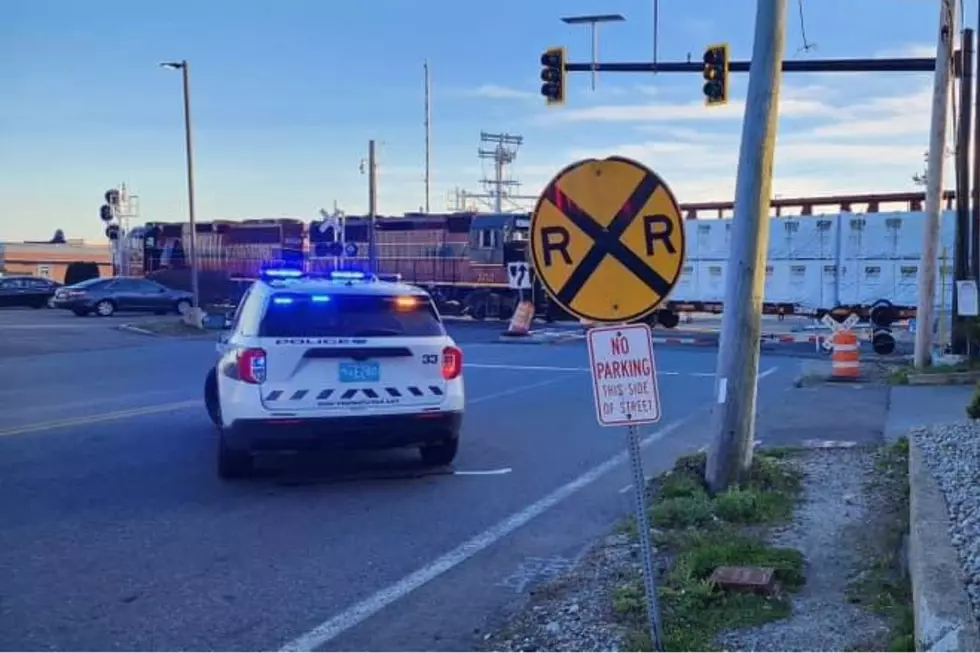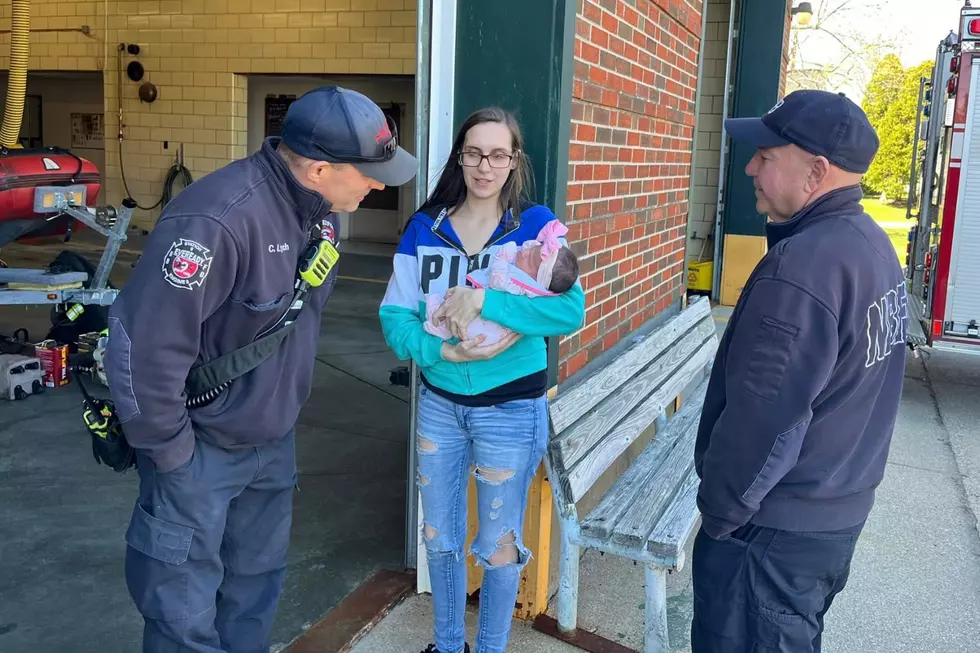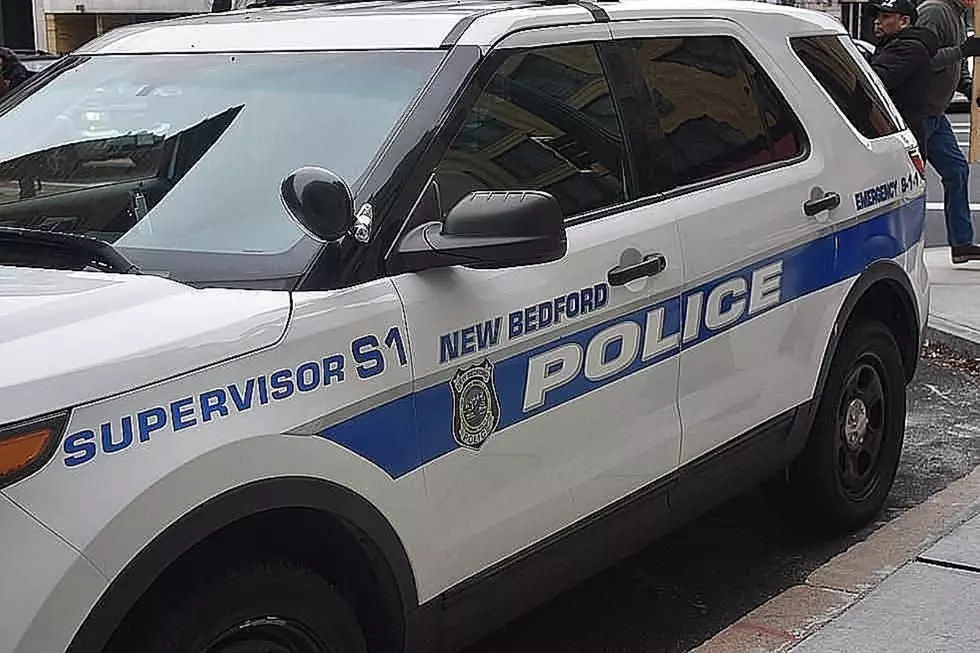![Looking at All Sides of Chief Cordeiro’s Retirement [OPINION]](http://townsquare.media/site/518/files/2017/01/CHIEF-JOSEPH-CORDEIRO.jpg?w=980&q=75)
Looking at All Sides of Chief Cordeiro’s Retirement [OPINION]
Despite expressed support from Mayor Jon Mitchell to retain his position and earn a new contract with the City, New Bedford Police Chief Joseph Cordeiro has decided to retire after five years as the city's top cop.
His tenure will be marked by positive changes such as a departmental policy shift towards community policing, technological upgrades in the department, and new use of force policies that were codified in a commission established by Mayor Mitchell last summer in response to civil rights protests in the city.
It will also be marked by some controversy, such as a very long and public collective bargaining dispute that has left the men and women of the police union with a deep sense of embitterment, and the ongoing conversation about the Mitchell Administration and the NBPD's opacity with respect to reporting crime data and communicating with the local media.

The controversy surrounding the latter, I think, factored heavily into Chief Cordeiro's decision to retire at the end of his contract. To recap:
It began when Barry Richard broke the story about an NBPD officer's home being fired upon, and the department failing to effectively communicate it to the media and the general public. In response, Ward 3 City Councilor Hugh Dunn filed three critical public safety motions, two of which directly related to transparency in crime reporting and called for Cordeiro, along with Union President Hank Turgeon, to testify before the city council. These motions were unanimously co-sponsored by the rest of the city council and sent to the public safety committee chaired by Councilor-at-Large Brian Gomes.
A few weeks later, Cordeiro capitulated in part to the demands of Councilor Dunn's motions in a video released on the NBPD's Facebook page, ahead of his anticipated testimony before the city council. The video had positive messaging, and it appeared the NBPD's cooperation in this conversation was trending in a good direction.
Then, on the day of the hearing, Mayor Mitchell decided to pull the chief from the meeting, absurdly asserting that it is inappropriate for the police chief and the union president to participate together in a hearing on police department policy. The meeting continued without Cordeiro, and Turgeon provided some unsettling figures with respect to departmental crime reporting disparities with nobody from the Mitchell Administration nor the police department leadership to provide clarification.
To be fair, I think Cordeiro had little to do with the decision that was made in abstaining from testifying before the council, and many decisions being made on crime reporting are perhaps being made over his head. That may be why Cordeiro is calling it quits. He's been with the department for 35 years, he can collect a pension, spend more time with his family, and enjoy the latter half of his life without subjecting himself to the constant public pressures that department leadership is facing for factors that are out of his control.
There will be much deliberation on Cordeiro's performance as chief. Despite the controversies, he leaves the department a generally popular figure in the city with many people, including myself, seeing him as a good man navigating difficult issues that pre-dated his tenure. His successor can build on the progress he made with community policing and improved departmental relationships with city residents, but they will also have a long road ahead to mending the fractured trust the department leadership has with the police union and the media.
Marcus Ferro is the host of The Marcus Ferro Show airing Saturdays on 1420 WBSM from 1 p.m. to 4 p.m. Contact him at marcusferrolaw@gmail.com. The opinions expressed in this commentary are solely those of the author.
KEEP LOOKING: See what 50 company logos looked like then and now
More From WBSM-AM/AM 1420









